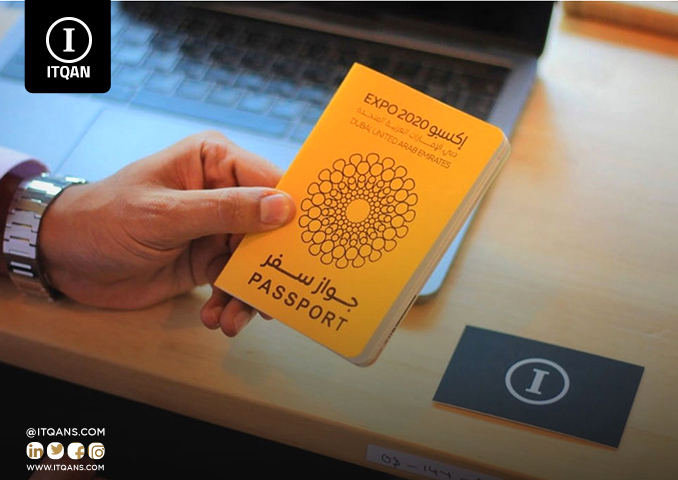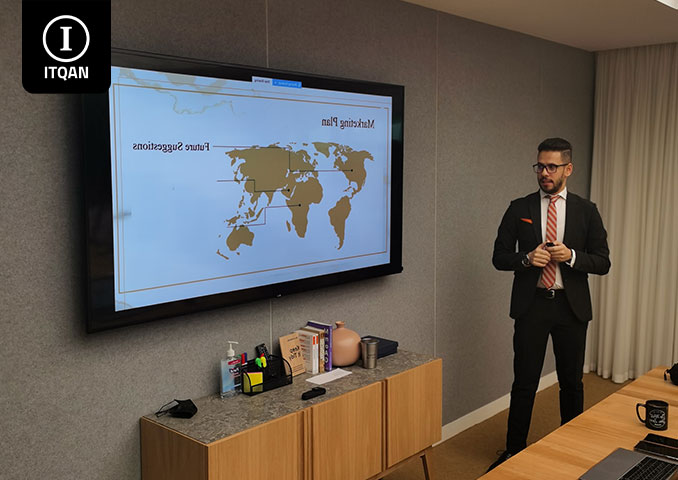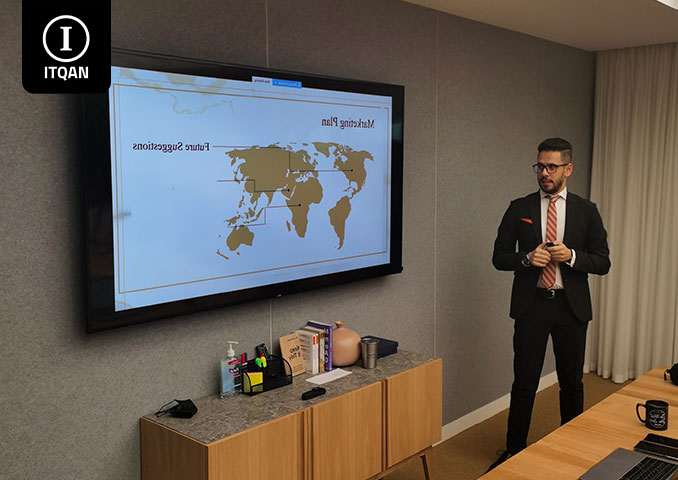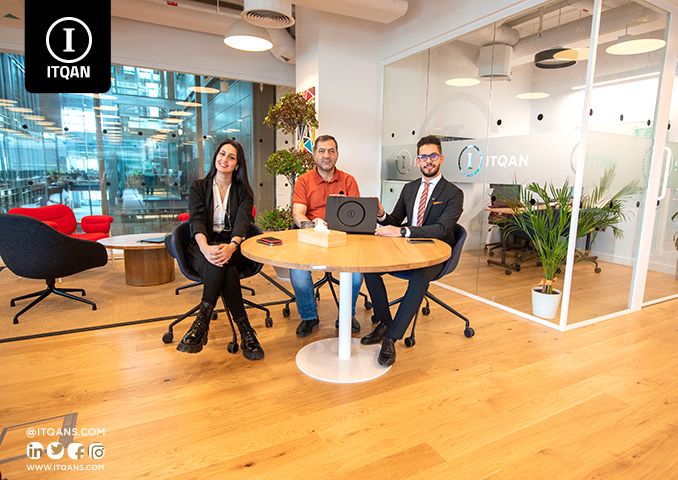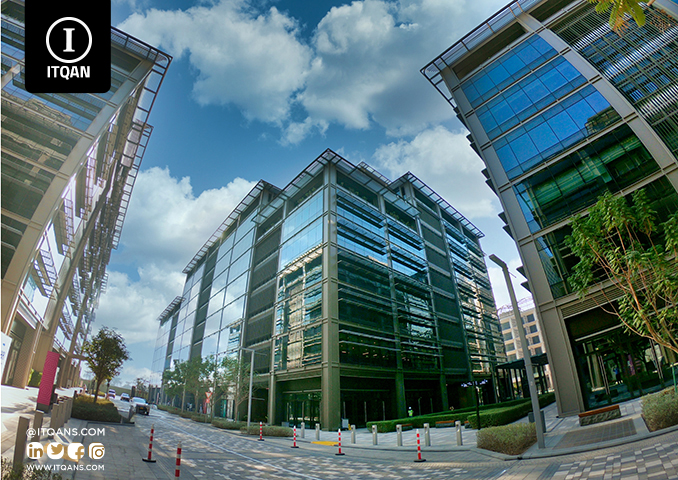Free zones in the UAE are considered one of the most prominent factors that contribute to strengthening the country’s economy and attracting foreign investments. Since its inception, the UAE has worked to develop an innovative and flexible business environment by establishing these zones, which provide unlimited investment advantages to local and international investors. Free zones in the UAE offer many benefits, such as tax exemptions, 100% foreign ownership, and freedom of transfer of funds, making them an ideal destination for establishing companies and commercial growth. In addition, free zones in the UAE provide advanced infrastructure and distinguished professional services, which contribute to enhancing economic activity and expanding business opportunities in the country.

Free Zones in the United Arab Emirates
The free zones in the UAE are a prime destination for local and international investors due to the benefits and facilities they offer. Since their establishment, these zones have succeeded in strengthening the UAE’s position as a global business hub. Free zones offer a range of unique privileges, most notably complete exemption from taxes on profits, and no taxes on imports and exports of goods. These zones also allow foreign investors to own companies 100% without the need for a local partner.
In addition, free zones enjoy a flexible business environment and modern infrastructure that supports commercial growth and expansion, including advanced offices, warehouses, and logistics facilities. Free zones also provide facilities for registration and licensing procedures, which contributes to accelerating the start of business activity. This encouraging environment contributes to attracting global companies looking for new opportunities in emerging markets. Thanks to these advantages, free zones in the UAE have become a strategic choice for investors wishing to benefit from the country’s strategic geographical location and supportive business environment.
Types of free zones in the UAE
The UAE has a variety of free zones that cater to the needs of different economic sectors. The following are the most prominent types of free zones in the UAE:
Free trade zones
- Dubai World Trade Centre (DWTC): Focused on trade and distribution, it features a strategic location and advanced facilities.
- International Financial Centre (DIFC): An international financial centre that provides a favourable environment for financial services and investment.
Industrial free zones
- Dubai Industrial City (DIH): Focuses on heavy and light industries and providing the necessary infrastructure for industrial companies.
- Jebel Ali Free Zone (JAFZA): One of the largest free zones in the UAE, offering advanced industrial and logistics facilities.
- Dubai Internet City (DIC): Dedicated to information technology and digital media, it provides a supportive environment for technology companies.
- Dubai Media City (DMC): Focuses on the media and advertising industry, attracting media and public relations companies.
Specialized Free Zones
- Sharjah Industrial City (SIC): Provides advanced infrastructure to support industrial and commercial activities.
- Abu Dhabi Free Zone (ADAFZ): Supports diverse industries and provides commercial and industrial facilities.
Logistics Free Zones
- Dubai Logistics Centre (DLC): Focuses on logistics and supply chains, and includes advanced shipping and warehousing facilities.
- Dubai Airport Free Zone (DAFZ): Provides a convenient environment for companies involved in aviation and airport-related logistics.
Each type of free zone is designed to meet specific needs, making it an ideal destination for a variety of commercial and industrial activities.
Establishing a company in free zones
Establishing a company in the free zones of the United Arab Emirates offers a range of advantages that attract many local and international investors. Establishing a company in these zones requires following specific steps, starting with identifying the appropriate free zone based on the type of business activity and business requirements.
First, the investor must choose the free zone that suits the nature of his business, as each zone offers a different set of facilities and benefits. After choosing the zone, the investor must apply for a commercial license, which includes filling out the necessary forms and submitting the required documents such as a passport, business plan, and lease contract.
Next, the Articles of Association must be prepared, which include details of the company structure, shareholders, and business activities. The investor is then required to pay the required fees to obtain the license. Some free zones offer additional services such as legal and advisory assistance, which helps speed up the incorporation process.
Finally, after obtaining the license, the company can start its commercial activities within the free zone, benefiting from tax exemptions and flexibility in investment laws.
Steps to establish a company in the free zones in the Emirates
Establishing a company in a free zone in the UAE requires following organized steps to ensure compliance with all legal and procedural requirements. Here are the steps to establish a company in the free zones:
- Choosing the right free zone: Choose the free zone that suits the type of business you want to establish. Each zone offers different benefits and facilities.
- Determine the type of company and activity: Choose the type of legal entity that suits your business (such as a limited liability company, a branch of a company, or a representative office). Determine the business activities you wish to undertake and obtain the required activity permits.
- Submitting a registration application: Apply for a trade license through the free zone’s website or by visiting its offices. The application requires submitting documents such as passport, residence visas, and a business plan.
- Prepare the Articles of Association: Prepare the Articles of Association that define the company’s structure, shareholders, and functions. A legal advisor may be able to assist in preparing the contract correctly.
- Rent an office or space: Obtain a lease for an office or commercial space within the free zone. Options available vary by free zone.
- Pay the required fees: Pay the fees required to register the company and obtain a business license. These fees typically include the cost of the license, rent, and additional services.
- Obtaining the license: After completing all procedures and paying the fees, you will receive the commercial license that authorizes you to start working in the free zone.
- Employee Registration: If you plan to hire employees, you must register them and obtain work visas for them.
- Open a bank account: Open a business bank account to facilitate financial transactions and handle banking transactions.
By following these steps, you can successfully establish a company in one of the free zones in the UAE, allowing you to benefit from the facilities and benefits available in those zones.

Advantages of establishing a company in the free zones in the Emirates
Establishing companies in the free zones in the UAE offers many advantages that make it an attractive option for investors. Here are the most prominent advantages:
- Tax Exemptions: Companies in free zones enjoy a complete exemption from income tax on profits, which contributes to reducing operating costs and increasing profitability.
- Full foreign ownership: Foreign investors can own 100% of the company without the need for a local partner, which enhances complete control over the business.
- Exemption from import and export duties: Free zones offer complete exemption from import and export duties, which reduces the costs of business operations and enhances competitiveness.
- Facilitating registration procedures: Free zones feature a quick and easy registration process, which helps speed up the start-up process and reduce bureaucracy.
- Flexible business environment: Free zones provide a flexible business environment with regulatory rules geared to support growth and innovation, encouraging the development of new businesses and projects.
- Advanced infrastructure: Free zones provide modern infrastructure including offices, warehouses, and logistics facilities, which contributes to improving the efficiency of business operations.
- Freedom to transfer money: Free zones allow the freedom to transfer money abroad without restrictions, making it easier to manage international financial flows.
- Investment support services: Free zones offer a range of support services such as legal advice, administrative services, and business marketing support.
- Possibility of obtaining visas: Free zones provide facilities for issuing work and residence visas for employees, which contributes to attracting qualified cadres.
- Security and stability: The UAE provides a stable and secure investment environment, which enhances investment confidence and protects the interests of companies.
These advantages make the free zones in the UAE an attractive option for foreign and local investors looking for opportunities for growth and innovation in an advanced business environment.
Free zones in the UAE are a key element in enhancing the country’s investment environment, offering exceptional benefits to investors from all over the world. With tax exemptions, legal facilities, and advanced infrastructure, these areas have become a prime destination for businesses seeking to grow and expand in a dynamic market. Free zones provide an ideal environment that supports innovation and provides extensive business opportunities, contributing to the UAE’s vision as a global hub for business and investment. By taking advantage of these benefits, investors can effectively establish their companies, boosting economic growth and supporting sustainable development in the country. In conclusion, free zones in the UAE remain a symbol of economic opportunity and innovation, making them a strategic choice for investors seeking success in an advanced and thriving business environment.
Frequently asked questions about free zones in the UAE
What are the free zones in the UAE?
Free zones are designated business areas that offer special investment benefits, such as tax exemptions and 100% foreign ownership of companies. The UAE includes several of these zones that serve various economic sectors.
What are the main advantages of setting up a company in the free zones?
The most prominent advantages are: exemption from taxes on profits, no import and export fees, freedom to transfer funds, full foreign ownership, and facilities in registration procedures.
Can a foreign investor fully own a company in the free zones?
Yes, in most free zones a foreign investor can own 100% of the company without the need for a local partner.
What documents are required to establish a company in the free zones?
Essential documents include passport, business plan, incorporation application form, and office or commercial space lease.



